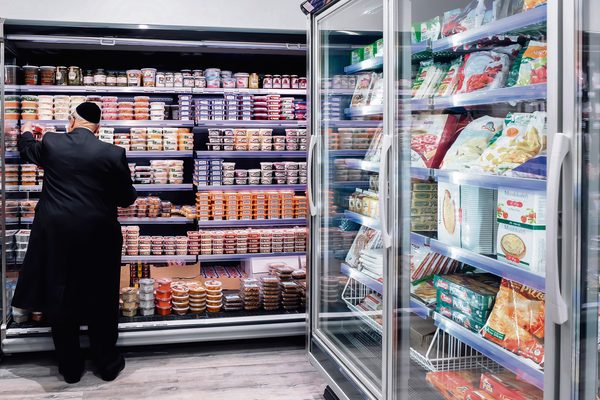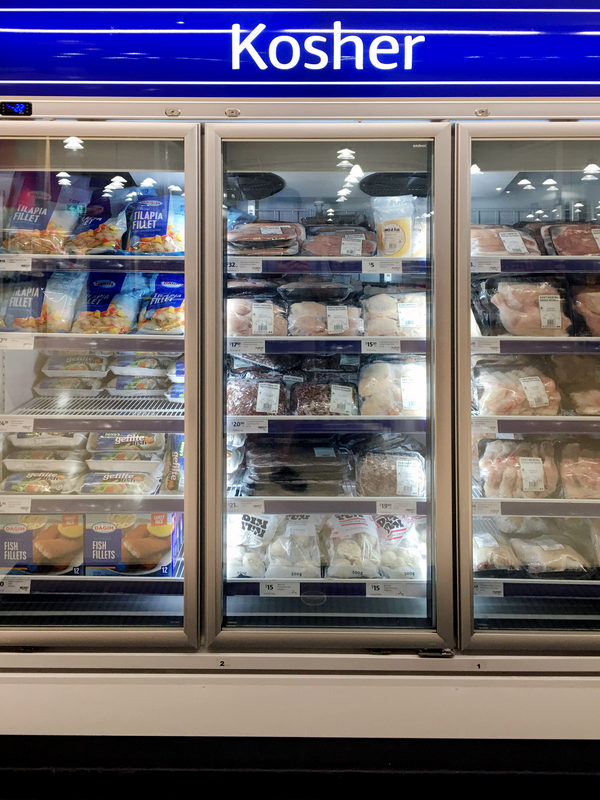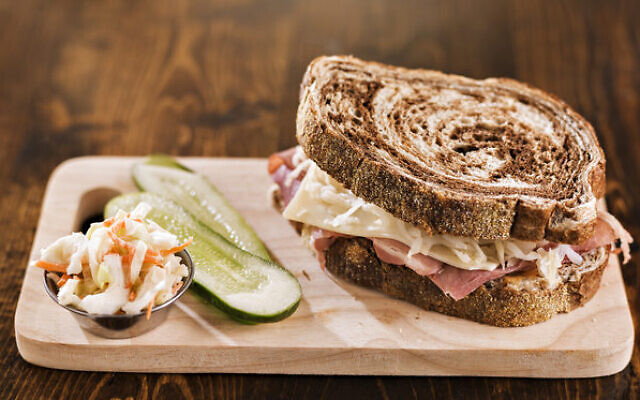Does something have to give?
The increasing cost of kosher living poses a dilemma for kosher families in Australia. Many are faced with difficult choices between adhering to their religious beliefs and keeping things affordable.
Over the past decade, Australia has experienced an upward trend in the cost of living, driven by factors such as inflation, housing prices, energy costs and wages not rising at the same rate. As expenses for everyday essentials soar, families across the country are feeling the pinch in their budgets. In particular, the country has been hit hard over the past couple of years largely due to COVID and the war in Ukraine, and the Jewish community is not immune.
For those who keep kosher – which was already more expensive than normal food prices – the financial pinch is proving even harder.
It’s understandable that kosher products are more expensive. The stringent processes, including specific methods of slaughtering animals and strict supervision, are essential for maintaining kosher integrity. But they lead to higher production and manufacturing costs. Of course, these are going to trickle down to consumers. As well as this, the smaller market for kosher products in Australia compared to non-kosher alternatives means that economies of scale are limited, contributing to the higher prices of kosher food items.
And then you have the fact that Australia’s kosher community largely depends on imports. Many kosher products, especially specialty items, are not locally produced and must be imported from countries with a higher concentration of kosher-observant communities. As a result, import taxes, tariffs and transportation costs add further strain to the final retail price of these products, making kosher living more expensive for families.

The increasing cost of kosher living poses a dilemma for kosher families in Australia. Many are faced with difficult choices between adhering to their religious beliefs and keeping things affordable. For some, it may mean compromising on the strictest kosher standards to make ends meet, while others may need to allocate a more significant portion of their budget to food expenses, potentially sacrificing other necessities.
Sharonne has been eating kosher meat since she was 17 years old. When she got married, she decided to keep a kosher home. While she told The AJN that cost is definitely a reason she would stop keeping kosher, it’s such a ‘final’ decision.
“I must admit that all these years later I don’t know why I bother, but the thought of deciding to stop has such a finality to it, because once your plates and saucepans are treyf, there’s no going back,” she said.
Many kosher families, just like those who choose not to keep kosher, are having to come up with creative solutions to the cost-of-living problem.

“Kosher food has always been so much more expensive. This hits harder because everything has gone up,” Judy* said. “We hardly eat steak anymore and I can’t afford to buy the more expensive meats. I do my best to buy as many non-imported kosher products so as not to take on the cost of overseas kosher foods, which are even more outrageous.”
Sharonne said the rising costs are insane, explaining that the kosher bread she has always bought from Aldi has gone up from $1.49 to $2.49 and cheese has risen from $8 to $11.
“Let’s just say that cheesy meals aren’t as regular as they used to be,” she said, explaining that the rising cost of kashrut became very clear during Pesach, when prices were exorbitant.
Both Sharonne and Judy said a big barrier to keeping kosher are the available options – or lack thereof – especially the local options.
“I really wish the government, or some organisation, would be able to help with trying to keep local products kosher,” Judy said. “Mayonnaise is a good example. Sometimes the local product is kosher, sometimes it’s not. It makes keeping kosher so hard. Local kosher products, especially staples are what we need to see so much more of.”
Sharonne agreed, saying having more plant-based options would also be a big help.
“It’s the way of the future – more sustainable and cheaper. I don’t want to stop being kosher, but if the costs keep going up and the available options keep diminishing, then I feel I might be in a position where something has to give.”
*Name has been changed.


comments